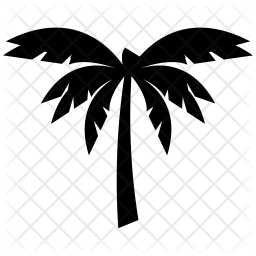Some aspects of traditional African cultures have become less practised in recent years as a result of neglect and suppression by colonial and post-colonial regimes. For example, African customs were discouraged, and African languages were prohibited in mission schools. Leopold II of Belgium attempted to “civilize” Africans by discouraging polygamy and witchcraft.
Obidoh Freeborn posits that colonialism is one element that has created the character of modern African art. According to authors Douglas Fraser and Herbert M. Cole, “The precipitous alterations in the power structure wrought by colonialism were quickly followed by drastic iconographic changes in the art.” Fraser and Cole assert that, in Igboland, some art objects “lack the vigor and careful craftsmanship of the earlier art objects that served traditional functions. Author Chika Okeke-Agulu states that “the racist infrastructure of British imperial enterprise forced upon the political and cultural guardians of empire a denial and suppression of an emergent sovereign Africa and modernist art.” Editors F. Abiola Irele and Simon Gikandi comment that the current identity of African literature had its genesis in the “traumatic encounter between Africa and Europe.” On the other hand, Mhoze Chikowero believes that Africans deployed music, dance, spirituality, and other performative cultures to (re)asset themselves as active agents and indigenous intellectuals, to unmake their colonial marginalization and reshape their own destinies.”
 Spices International Travel Group
Spices International Travel Group